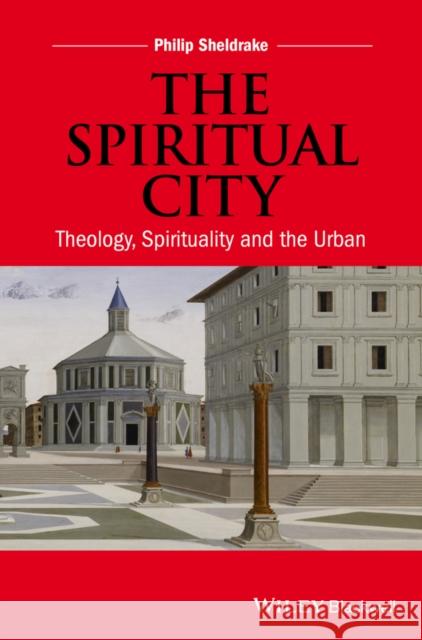The Spiritual City: Theology, Spirituality, and the Urban » książka
topmenu
The Spiritual City: Theology, Spirituality, and the Urban
ISBN-13: 9781118830512 / Angielski / Twarda / 2014 / 240 str.
A Spiritual City provides a broad examination of the meaning and importance of cities from a Christian perspective.
- Contains thought-provoking theological and spiritual reflections on city-making by a leading scholar
- Unites contemporary thinking about urban space and built environments with the latest in urban theology
- Addresses the long-standing anti-urban bias of Christianity and its emphasis on inwardness and pilgrimage
- Presents an important religious perspective on the potential of cities to create a strong human community and sense of sacred space











